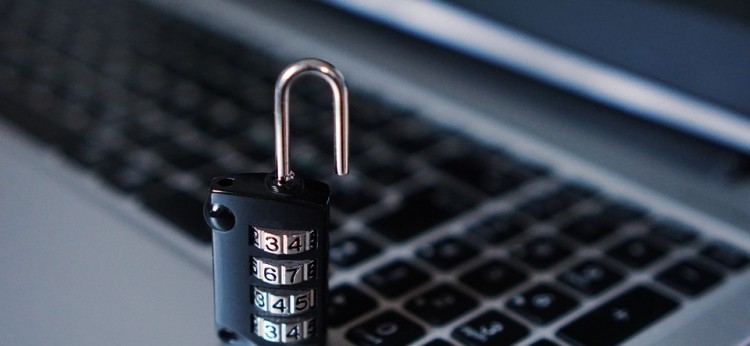Still trying to find the proper Fresh Year’s Decision? We’ve got one for you: acquire secure internet browsing habits. Offered the range of dangers facing internet surfers today, it is critical that while exploring the web users learn to defend themselves. for checking the Internet properly, our next post within our “Cybersecurity 101” series delivers our tips. Recommendations for Secure Browsing There are numerous habits that you ought to develop to improve the safety of one’s online activities.
While the following listing might appear like a ton to manage, these types of tips are pursuing them may considerably strengthen your checking safety and simple. Keep your browser software up to-day: This Can Be important, as fresh spots in many cases are launched to repair existing weaknesses in browser application. Browser application – is applied only to by this recommendation doesn’t it’s critical to maintain operating system application and some other application you’ve up-to-date for the same cause. Work anti-virus application: Anti-virus defense is provided by software by eliminating harmful files on your computer and scanning for. There are various exceptional options for disease protection software (equally paid and free), so it’s your decision to accomplish just a little study and choose an application that best matches your needs.
Turn on your popup blocker that is browser’s: Popup blocking is currently a standard browser attribute and should be allowed when you are searching the web. Change it back on when that task is complete, if it must be disabled for a unique software. Frequently check your bank statements: Keeping an eye fixed in your online statements enables you to react swiftly in the case that the bill has been affected. Eliminate stored passwords: the majority of browsers and lots of sites generally speaking supply to consider your passwords. Allowing this characteristic shops your accounts in one single spot on your desktop, building them simpler for an adversary to find if your system gets sacrificed. Eliminate it, for those who have this attribute enabled and clear your stored passwords. Avoid public or Wi-Fi: Attackers typically use because it is sent over unprotected systems, wireless sniffers to take users’ info. The best way to guard oneself out of this would be to stay away from these systems entirely. Study privacy procedures: individual arrangements and Websites’ privacy policies should present facts concerning how your data secured and has been accumulated as well as how that website monitors your web exercise.
Websites that don’t provide this information in their plans should generally be eliminated. Before downloading, check records: It is important to prevent downloading anything until you’re assured it is protected. For those who have any feeling a document might illegitimate or could possibly be infected, scan it with antivirus software before downloading. Look out for phishing: Phishing attacks use online communications (generally email) to trick customers into giving out their sensitive data. Sometimes these messages look like from socialmedia sites, banks, shopping sites, or payment processers. See the whole topic on http://www.vpndownload.net/software/dd-wrt-router/. Phishing messages regularly include links that cause fake versions of websites that are preferred. You are able to prevent falling prey to phishing strategies by ignoring unwanted messages and not simply clicking hyperlinks or attachments in emails (kind or backup/stick the URL because it seems rather). Don’t reuse passwords: Utilizing The same password for multiple websites simply makes it more easy for opponents to compromise your information that is sensitive. Alternatively, record your various accounts having a handwritten record that you just retain in a spot that is secure or come up for producing unique passwords that only you would learn with your own protocol. A VPN is also a good layer to secure yourself. For more details about this topic, visit technofaq.
It’s also proposed that your accounts modify every ninety days. Please use HTTPS: The “s” in stands for protected, meaning that the internet site is hiring SSL encryption. Search for an “https: a padlock symbol or ” in your browser’s URL pub to examine a site is secure before entering any personal information. Following these 11 guidelines will move a considerable ways in defending you from lots of of one other risks, malware, and enemies that people all confront on-line – today that’s an answer worth keeping! Watch out for the next “Cybersecurity 101” article on making security controls for today’s hottest browsers, including Chrome, Firefox, Ie, and Opera. New Year all!
